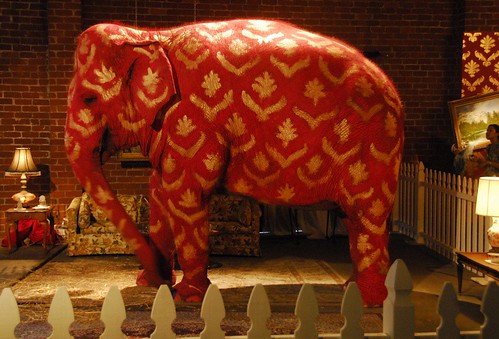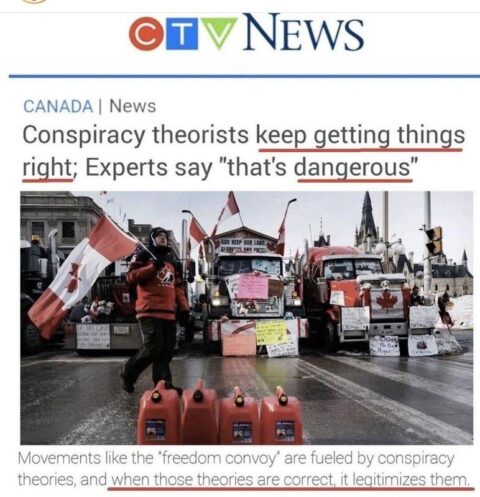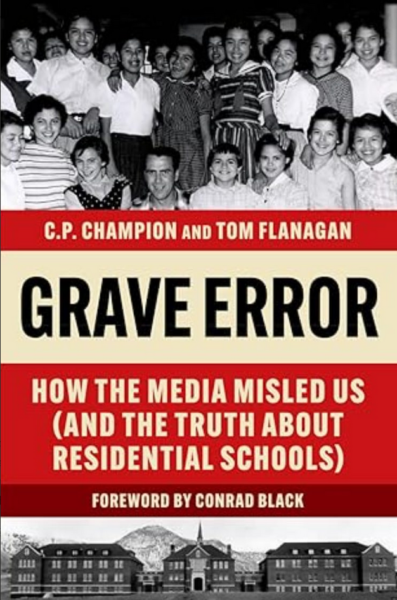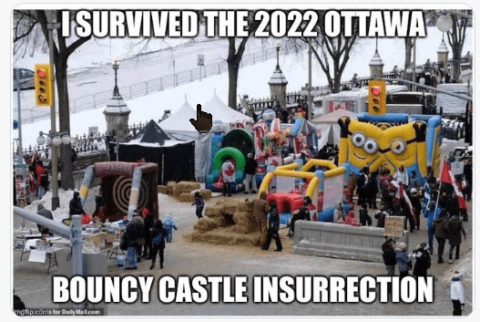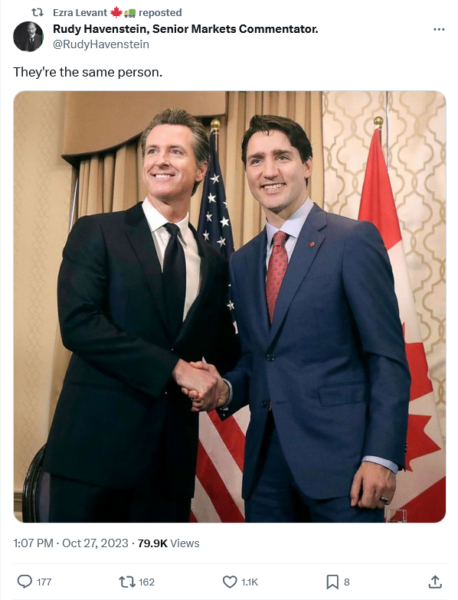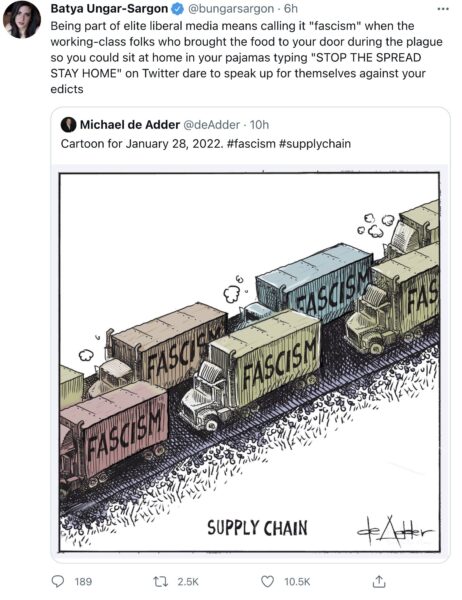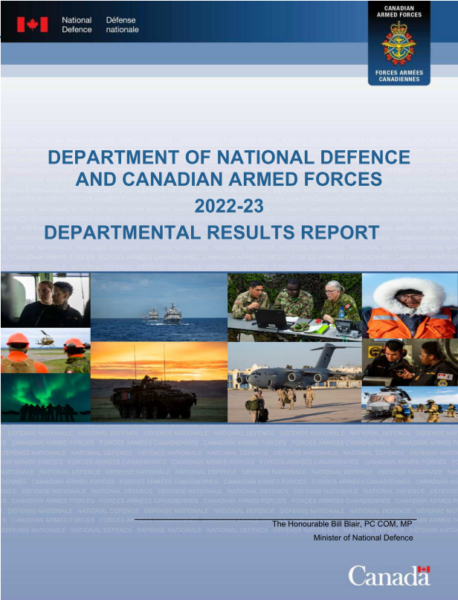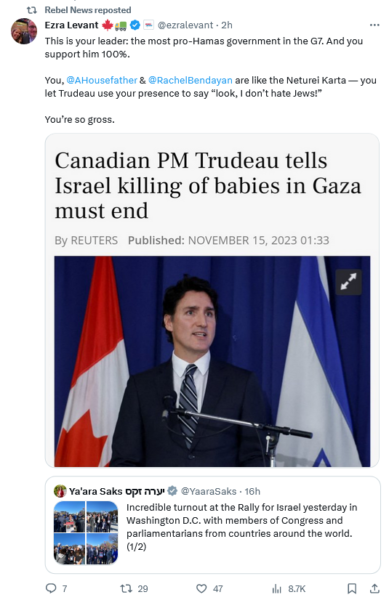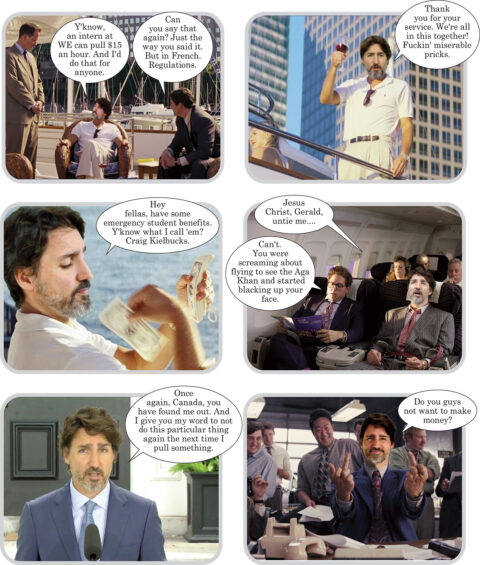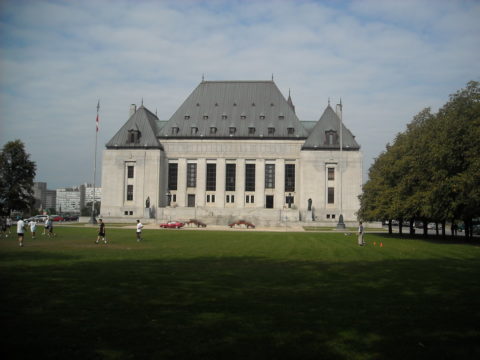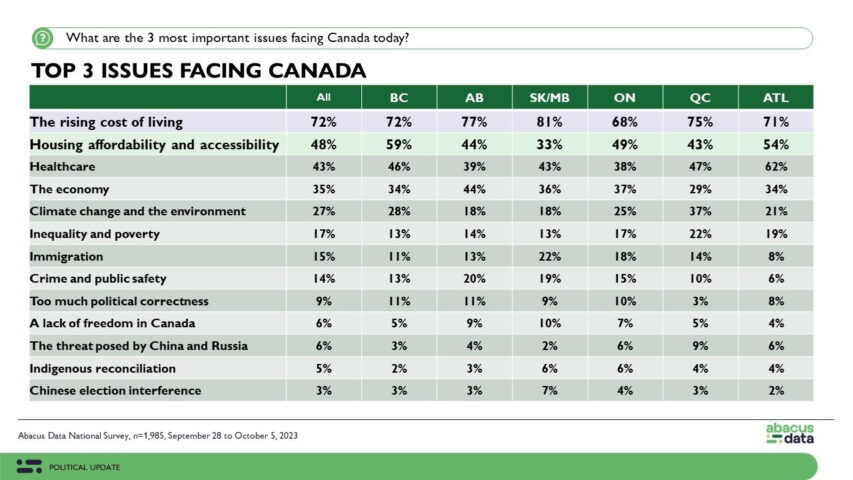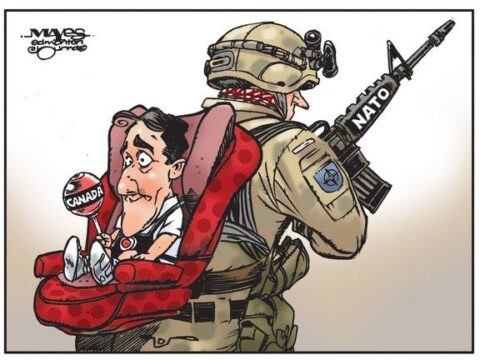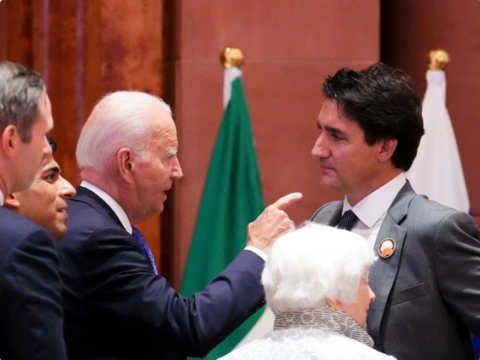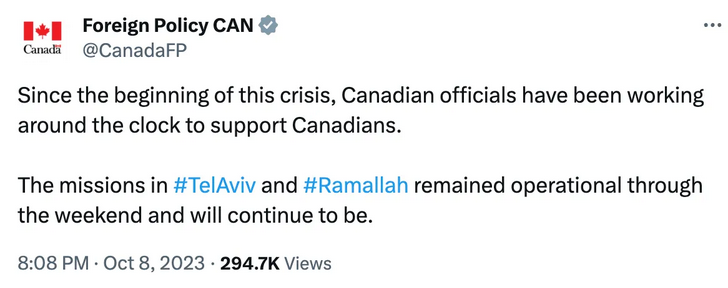Donna LaFramboise on the amazing ability of people in power here in Canada to avoid noticing or acknowledging the most salient facts of a situation:
In the recent court ruling against Justin Trudeau’s use of the Emergencies Act, the elephant in the room was once again ignored.
Justice Richard Mosley is well aware that the Act is intended to be “a tool of last resort.” He says so twice in his decision, on pages 78 and 86. He also does a conscientious job of describing the arguments each side presented during various stages of the court battle.
Yet there is no indication, not even the slightest hint, that the bloody obvious received five minutes of the court’s attention: No government can claim to have exhausted all other avenues if it hasn’t even had a conversation with protesters.
It doesn’t matter who is doing the protesting, or what their cause happens to be. If you haven’t arranged a meeting, if you haven’t sat down and listened to people’s concerns, if you haven’t even tried to negotiate a resolution, it is not OK to reach for a last resort, nuclear option. That is beyond unreasonable. It is absurd.
In India, between November 2020 and November 2021, farmers protested three new pieces of agricultural legislation that were eventually repealed. Justin Trudeau publicly criticized the Indian government during that time. So let us compare and contrast.
According to the Indian Express, farmers unions called for a march to Delhi, the national capital, on November 26th and 27th. Delhi police said protesters wouldn’t be permitted to enter the city due to COVID restrictions, but the farmers came anyway. Water cannon and tear gas were used against them, but they eventually arrived in the north-west part of the capital.
On November 28th a cabinet minister “offered to hold talks with the farmers as soon as they vacate Delhi borders”. The farmers didn’t budge. The first round of talks with government took place, nonetheless, on December 3rd — a week after the Delhi protest began. Two days later, more talks took place. By December 30th, six rounds of negotiations had taken place.
In Canada, the government treated the truckers like mangy dogs rather than citizens. Not a single cabinet minister pursued dialogue. Not a single representative of the federal government met with the truckers between the time they began arriving in Ottawa on January 28th, 2022 and when police violently shut down the protest on February 18th and 19th. Get lost, peasants! was the government’s official position.

